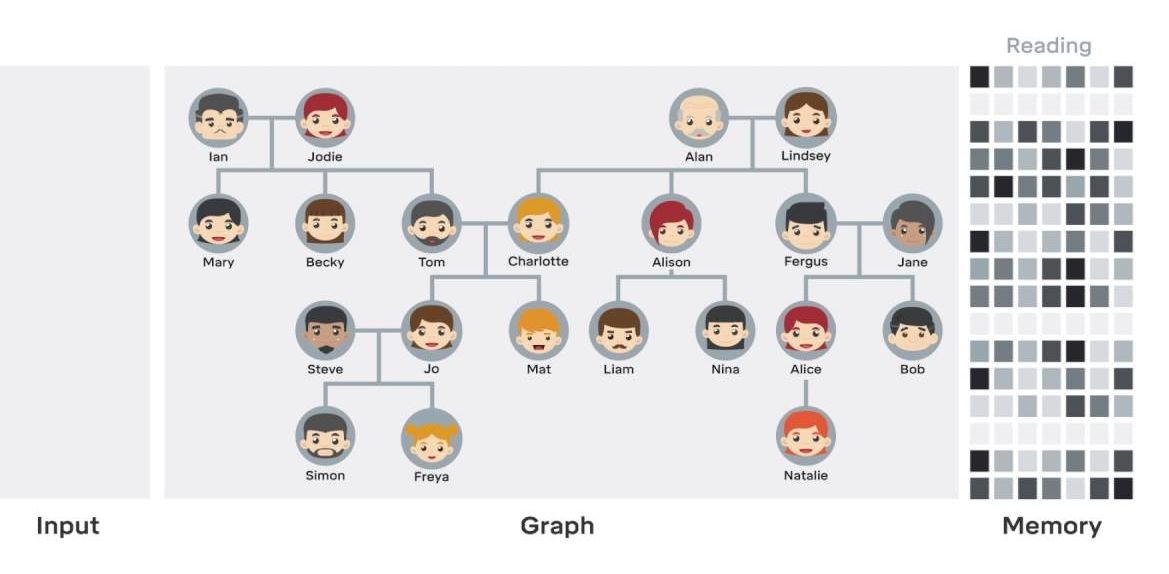My guess is there is some QC help in this picture.
Artificial neural networks — systems patterned after the arrangement and operation of neurons in the human brain — excel at tasks that require pattern recognition, but are woefully limited when it comes to carrying out instructions that require basic logic and reasoning. This is a problem for scientists working toward the creation of Artificial Intelligence (AI) systems capable of performing complex tasks with minimal human supervision.
In a step toward overcoming this hurdle, researchers at Google’s DeepMind — the company that developed the Go-playing computer program AlphaGo — announced earlier this week the creation of a neural network that can not only learn, but can also use data stored in its memory to “logically reason” and make inferences to answer questions.
DeepMind’s new system — called a Differentiable Neural Computer (DNC) — combines deep learning, wherein it can learn from examples and make sense of complex input it has never received before, with an external memory, which, as the DeepMind researchers Alexander Graves and Greg Wayne explain in a blog post, allows it to “store knowledge quickly and reason about it flexibly.”









Comments are closed.